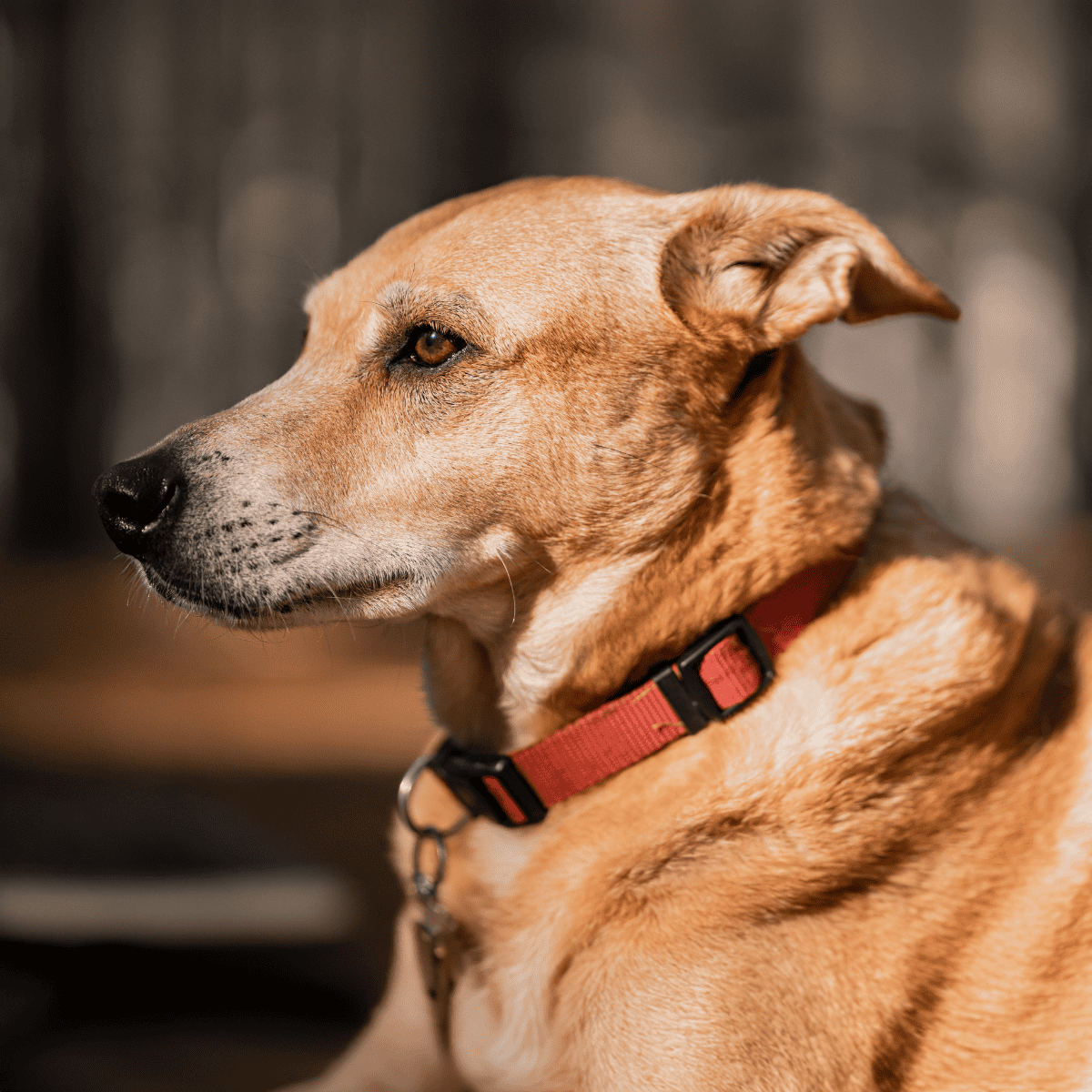
Carolina Dog
Shortcuts
Carolina Dogs are descendants of ancient dogs that accompanied Paleo-Indians. They feature a unique look with pointed ears and a fox-like snout. These medium-sized sighthounds resemble jackals or wolves. Found in rural America, from the Georgia-South Carolina border to Arizona, they start shy and cautious around strangers.
Once they accept someone, Carolina Dogs become incredibly loyal and affectionate, a trait stemming from their pack mentality and wild origins. Their alertness serves well as they make excellent watchdogs, signaling the approach of unfamiliar people. Their historical survival skills are evident in their behavior, strengthening bonds with humans while maintaining a striking, wolf-like appearance.
Breed Overview

Height
18 – 20 inches
Weight
30 – 55 pounds
Lifespan
12 – 15 years
Colors
Red ginger, yellow, red sable, tan, white, black, tawny
Suitable for
Active singles or families with older kids and experienced dog owners
Temperament
Alert, confident, shy, affectionate


Height
18 – 20 inches
Weight
30 – 55 pounds
Lifespan
12 – 15 years
Colors
Red ginger, yellow, red sable, tan, white, black, tawny
Suitable for
Active singles or families with older kids and experienced dog owners
Temperament
Alert, confident, shy, affectionate

Once they accept someone, Carolina Dogs become incredibly loyal and affectionate, a trait stemming from their pack mentality and wild origins. Their alertness serves well as they make excellent watchdogs, signaling the approach of unfamiliar people. Their historical survival skills are evident in their behavior, strengthening bonds with humans while maintaining a striking, wolf-like appearance.
Characteristics
Energy

Health

Sociability

Trainability

Lifespan


Enjoying this read?
We publish this content for free to generate interest in our Premium members' area. By subscribing, you can ask the writer any questions related to pet care and this article, get access to 100+ Premium Pet Care Guides and go Ad-Free with DogFix Premium for $2.99.
Health Conditions
Carolina Dogs have a strong constitution developed over centuries through natural selection, resulting in generally good health without many hereditary issues seen in other purebred dogs. Regular veterinary check-ups are essential for early detection and prevention of potential health concerns.
Minor Conditions
- Ivermectin Sensitivity
- Dysplasia
- Dental Issues
Serious Conditions
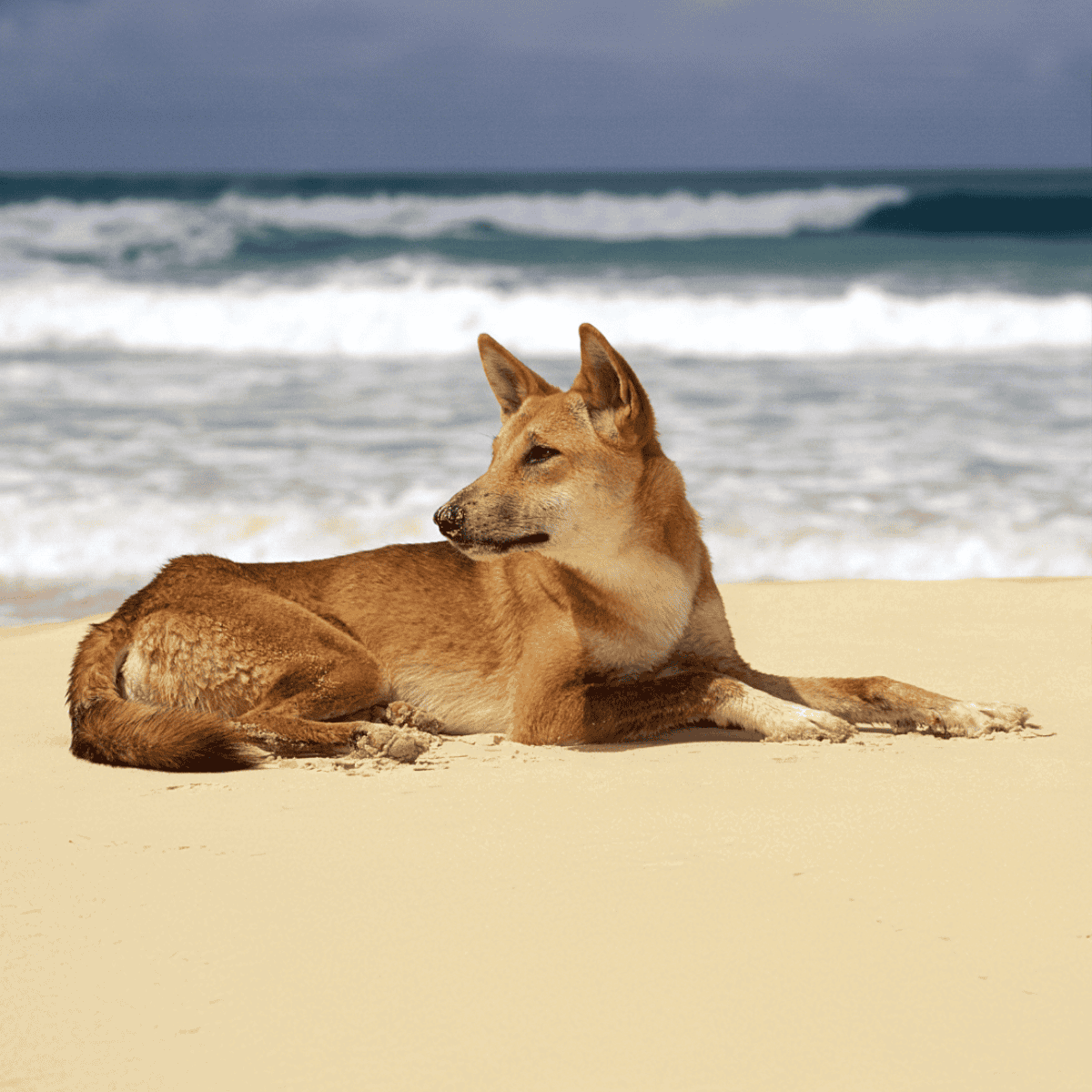
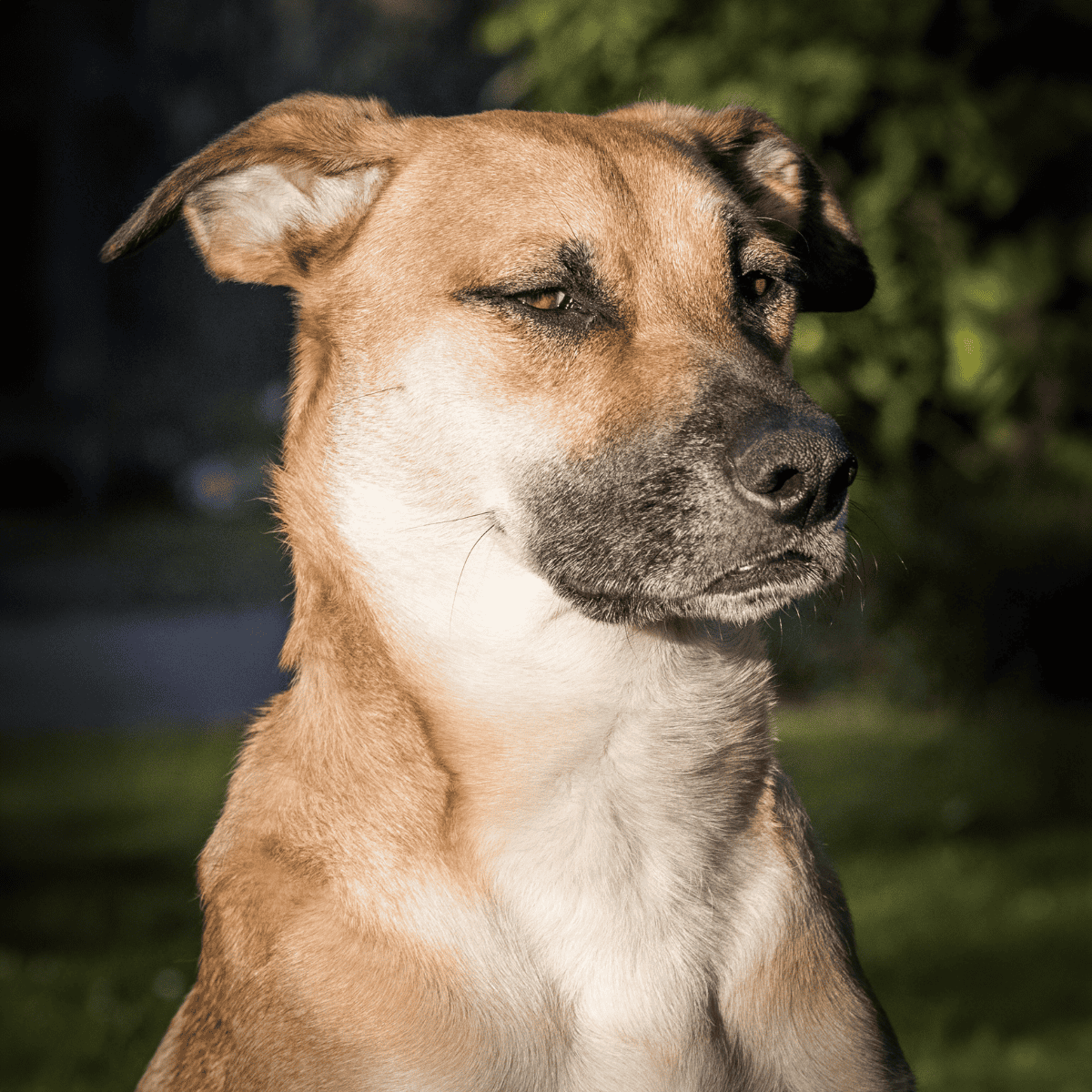
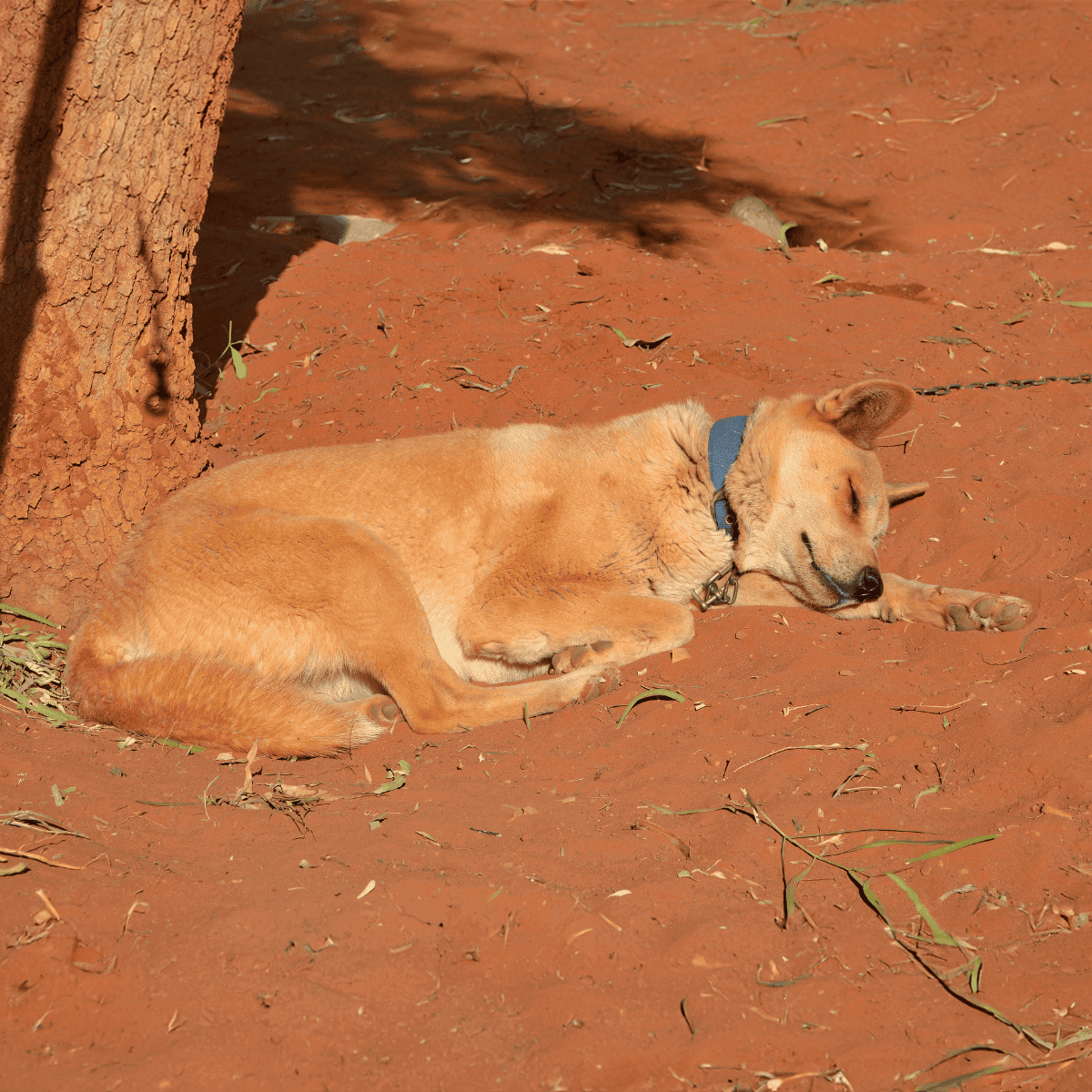
Carolina Dog Puppies
Carolina Dog puppies are intelligent, curious, and energetic, much like their adult counterparts, but they require early socialization and training to develop into well-adjusted companions.
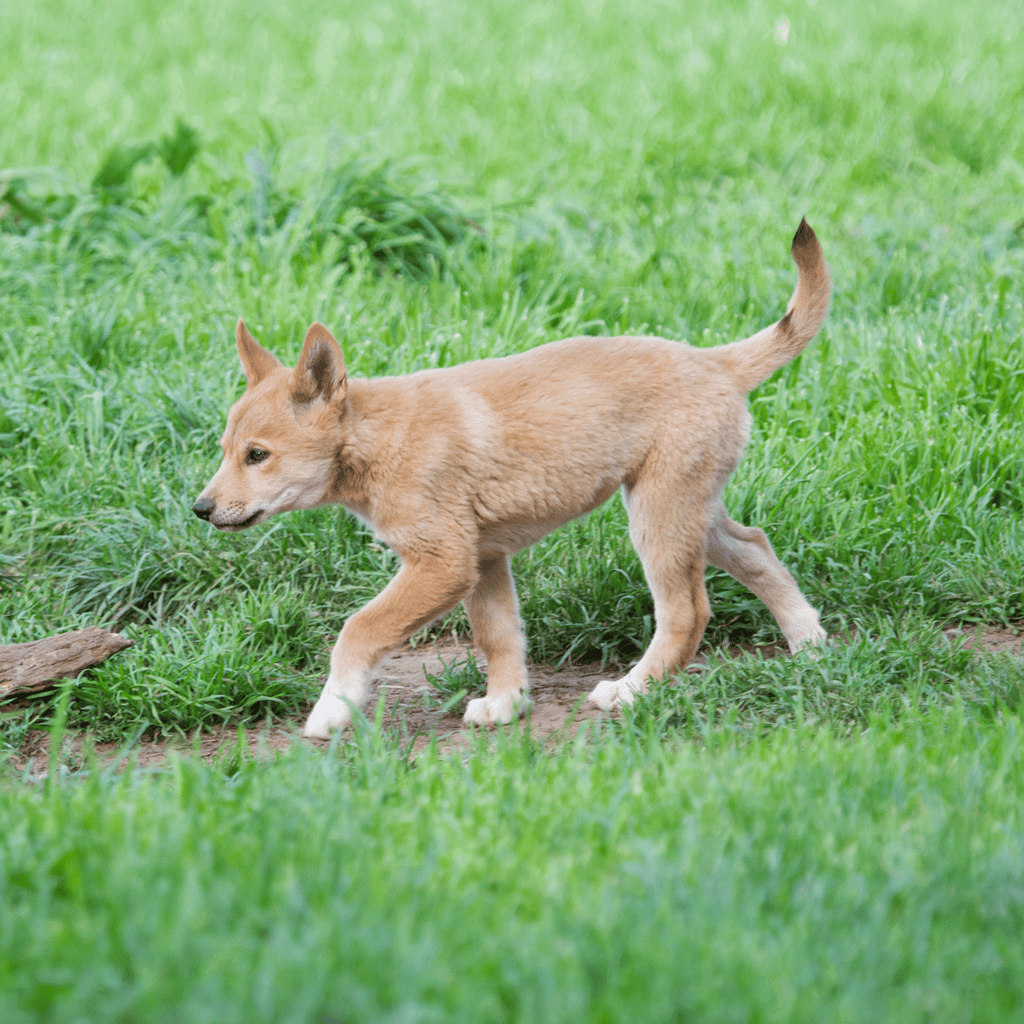
These puppies are known for their pack-oriented nature, so they bond closely with their families and can form strong attachments to both people and other pets when introduced properly.
Temperament & Intelligence Of The Carolina Dog
Carolina Dogs blend wild spirit with domestic behaviors. Initially reserved, they show gentleness when comfortable and playfulness with family. Their affection and loyalty connect them deeply to their human “pack.”
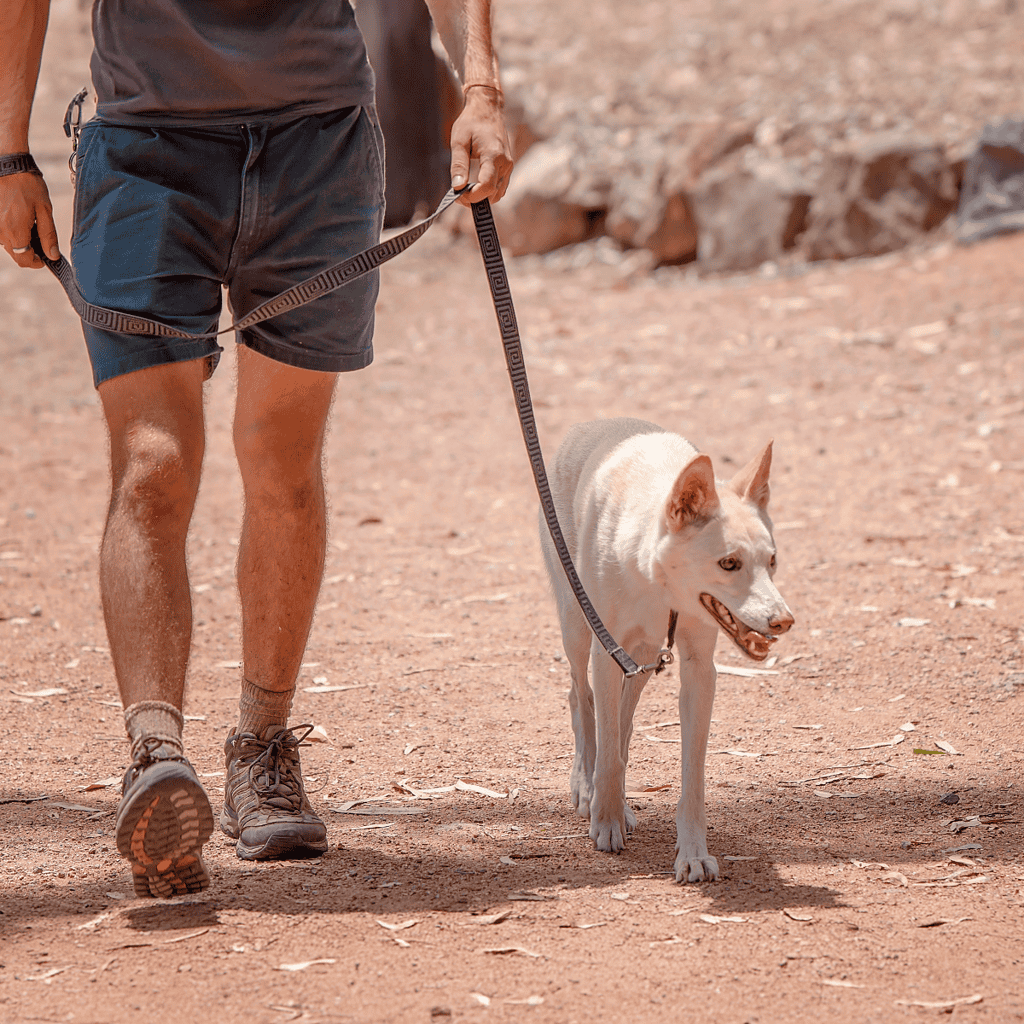
Highly intelligent, these dogs learn quickly but can be stubborn, requiring patient training. They thrive on respect and affection, rewarding their families with loyalty and deep companionship and cherishing the love they receive.
Are These Dogs Good For Families?
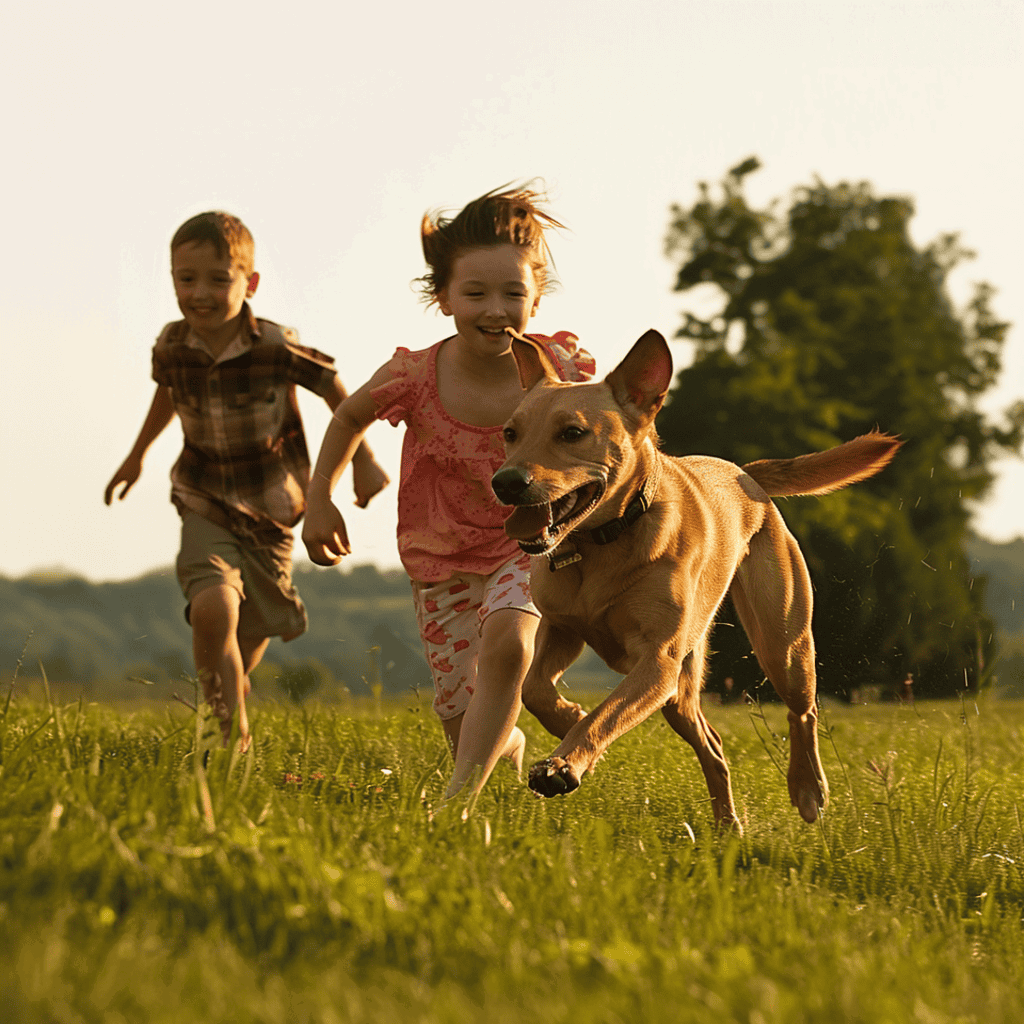
Carolina Dogs can be a good fit for families, particularly those with older children. Their shyness and occasional assertiveness make them less suited for homes with young kids. They need consistent obedience training and socialization, thriving with patience and positive reinforcement. Once secure, they form strong bonds with their owners, viewing the family as their pack.
Does This Breed Get Along With Other Pets?
The Carolina Dog has a strong prey drive, which makes it difficult for them to live peacefully with cats or small animals like bunnies and hamsters. However, they generally interact positively with other dogs and enjoy being part of a pack.
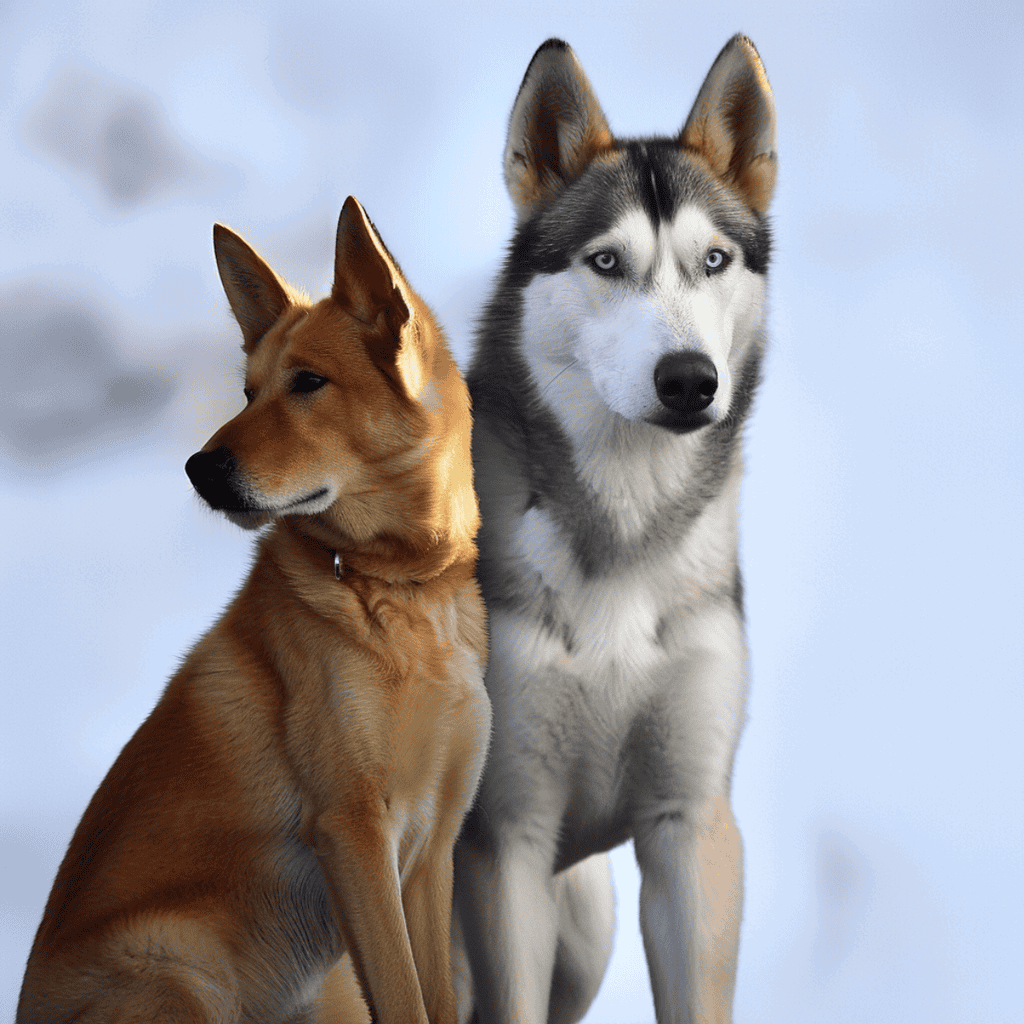
Introducing Carolina Dogs to other dogs from a young age is beneficial for improving their social skills. Regular visits to dog parks can also help them interact positively with other dogs. Humans can become honorary pack members, encouraging trust and making them easier to handle in a home environment.
Food & Diet Requirements
Carolina Dogs need high-quality nutrition, ideally with 25% to 32% protein for puppies and 18% to 22% for adults. A diet should balance carbohydrates, fats, fruits, vegetables, vitamins, and minerals. Avoid grain, soy, wheat, and corn as they aren’t nutritionally ideal and can cause digestive issues due to these dogs’ preference for meat-based diets.
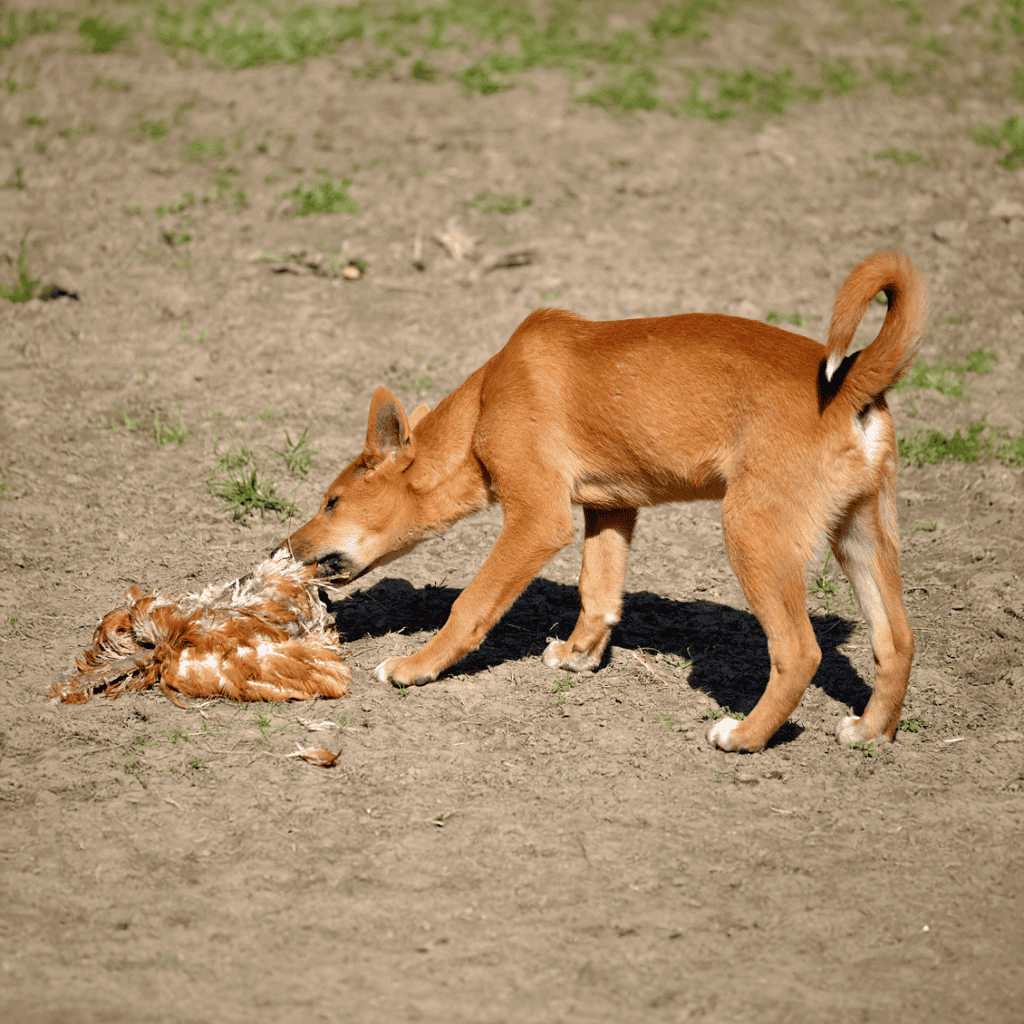
Supplement their diet with cooked meats such as lamb, turkey, chicken, beef, and scrambled eggs for affordable nutrition. Adjust kibble portions accordingly to prevent overeating. Puppies should eat four times daily, while adults thrive on three meals to accommodate their higher metabolism. For specific feeding advice, consult a veterinarian.
Exercise
Carolina Dogs thrive with ample physical activity to ensure their well-being and happiness. Engage them in vigorous walks and play, providing access to a secure yard for optimal exercise. Start with 1 to 1.5 hours of activity daily, gradually increasing to boost stamina.
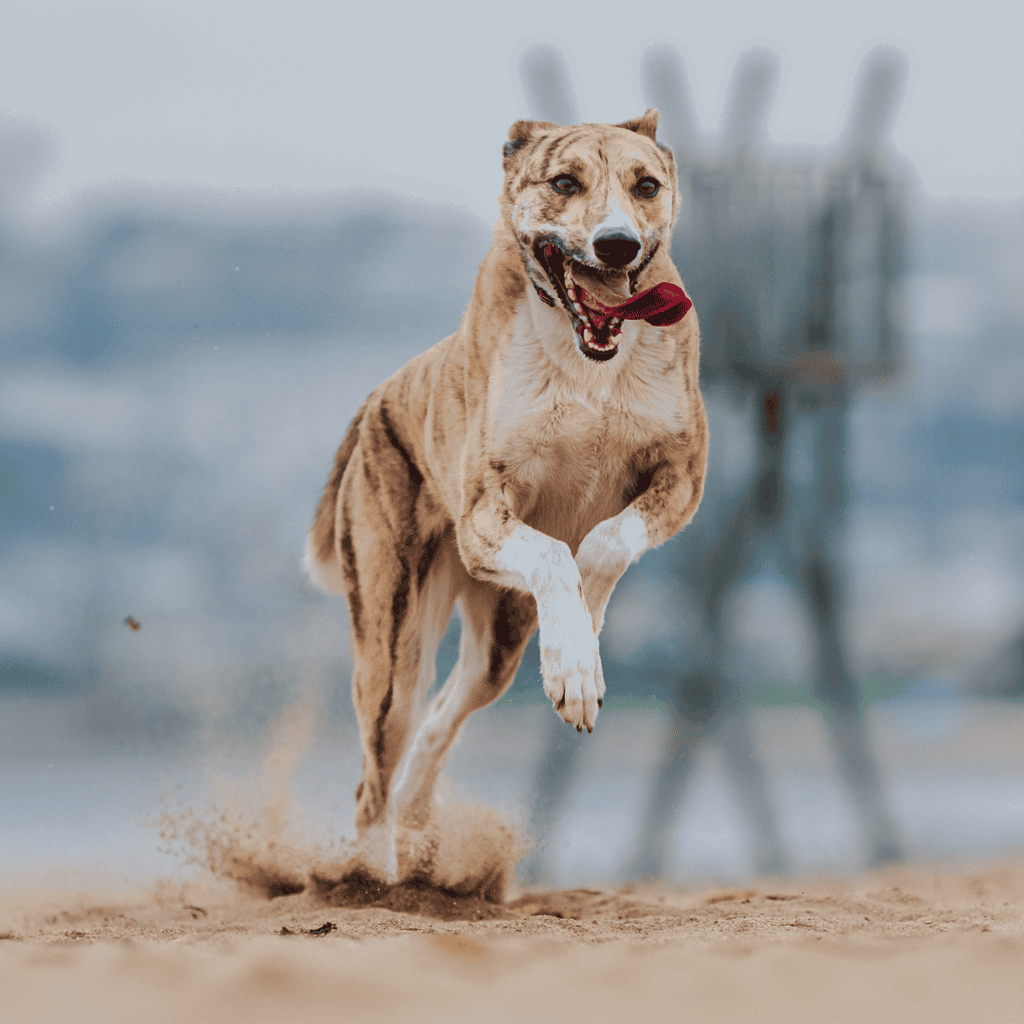
Incorporate physical and mental stimulation into their routine to prevent boredom and associated issues like chewing or digging. Interactive training sessions, including puzzle feeders, snuffle mats, and Kongs, offer them beneficial mental enrichment.
Training
Socialization is key for Carolina Dogs to overcome their inherent wariness and prevent aggression toward other animals. Introduce them carefully to new experiences, rewarding calmness with treats and praise while ignoring bad behavior.
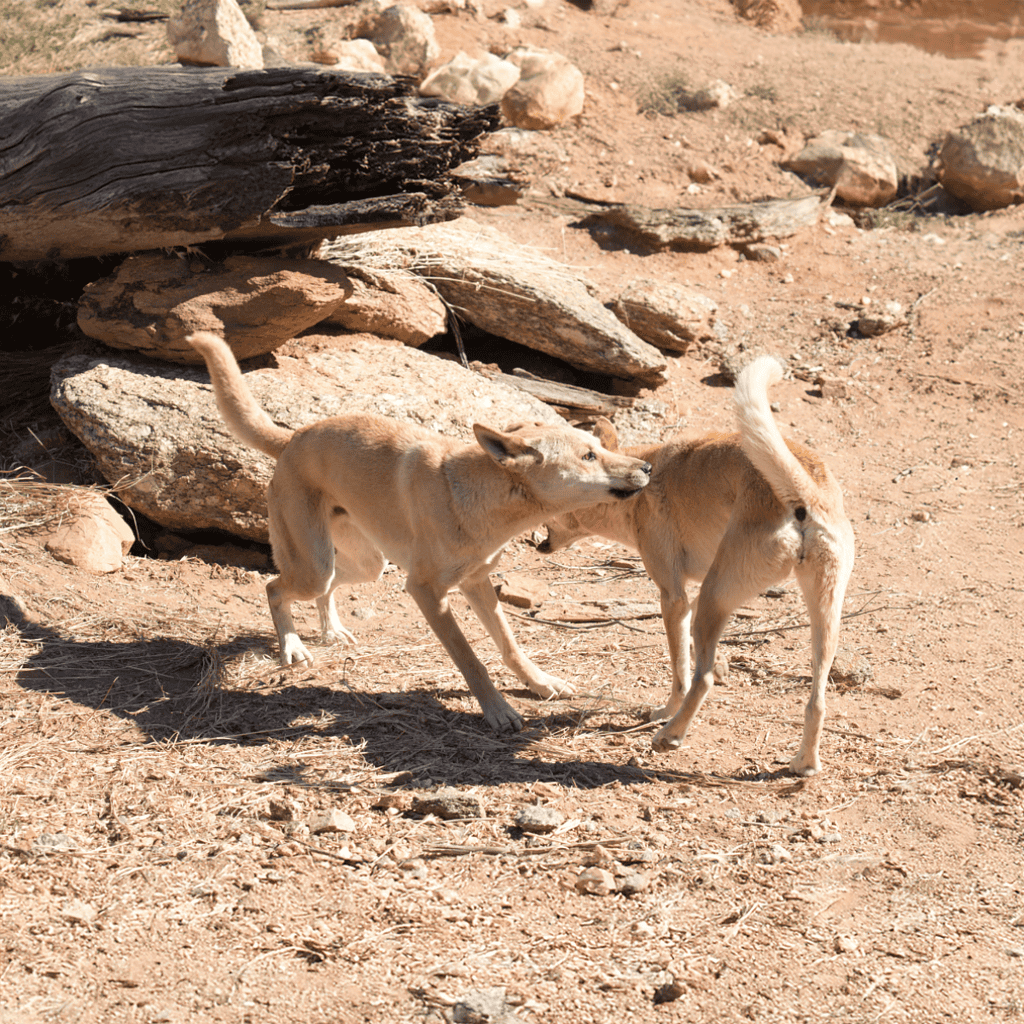
Early obedience training is crucial, starting with basic commands like “sit” and “stay.” Despite a streak of stubbornness, these dogs are keen to please. Use positive reinforcement consistently for the best results.
Grooming
Carolina Dogs have straightforward grooming needs, primarily requiring weekly brushing to maintain their straight, simple fur. They sport short to medium coats, with variance due to regional climate differences. Bathing them every six weeks suffices for routine care, but it’s essential to do just what is necessary to preserve their skin and fur’s essential oils. A mild dog shampoo is recommended.
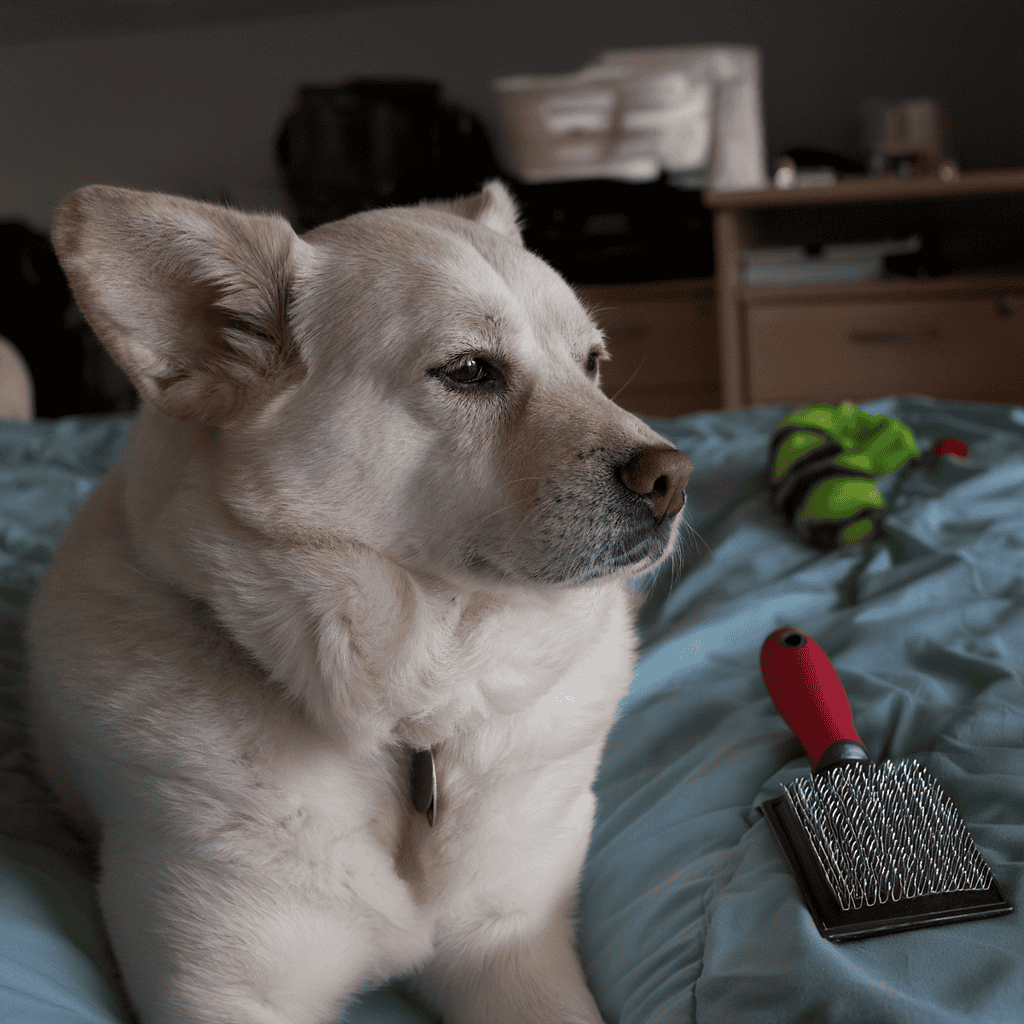
Ear and nail maintenance is vital to a Carolina Dog’s grooming routine. Regular ear cleaning with a damp cloth prevents wax and debris accumulation, while monthly nail trims prevent discomfort and mobility issues. For those less confident in performing these tasks, professional groomers are a reliable option for ensuring your dog’s ears and nails are well cared for.
Male Vs. Female
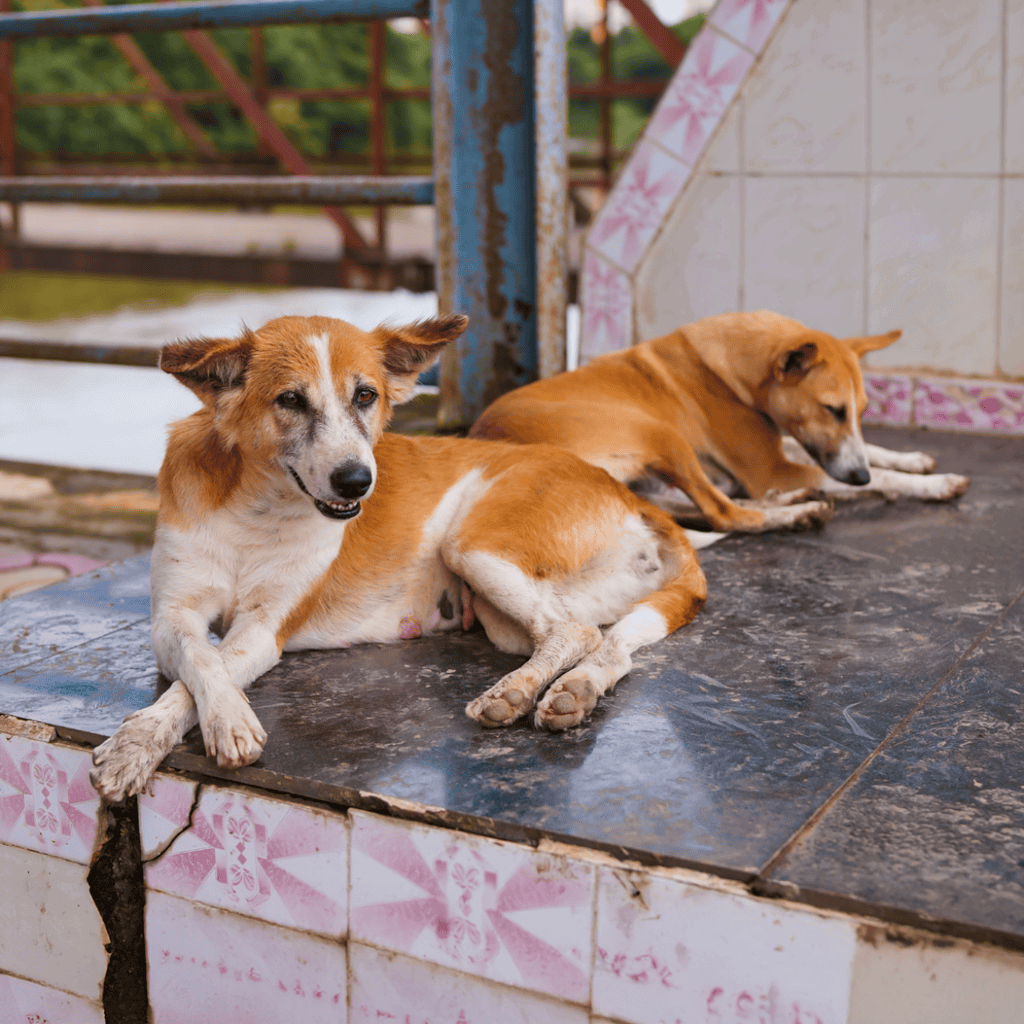
Male Carolina Dogs typically have a more robust build and higher activity levels. Females are usually more slender and affectionate. Temperament differences are subtle, with males being more outgoing and playful while females are calmer. It’s important to remember that these traits can vary widely between individual dogs, regardless of gender. Each dog has its unique personality.
Fact #1: They’re Descended From Wild Asian Dogs
Carolina Dogs are believed to have ancient roots, tracing their lineage to wild canines from Asia. This journey alongside humans over 15,000 years ago across a land bridge showcases their unique evolution.
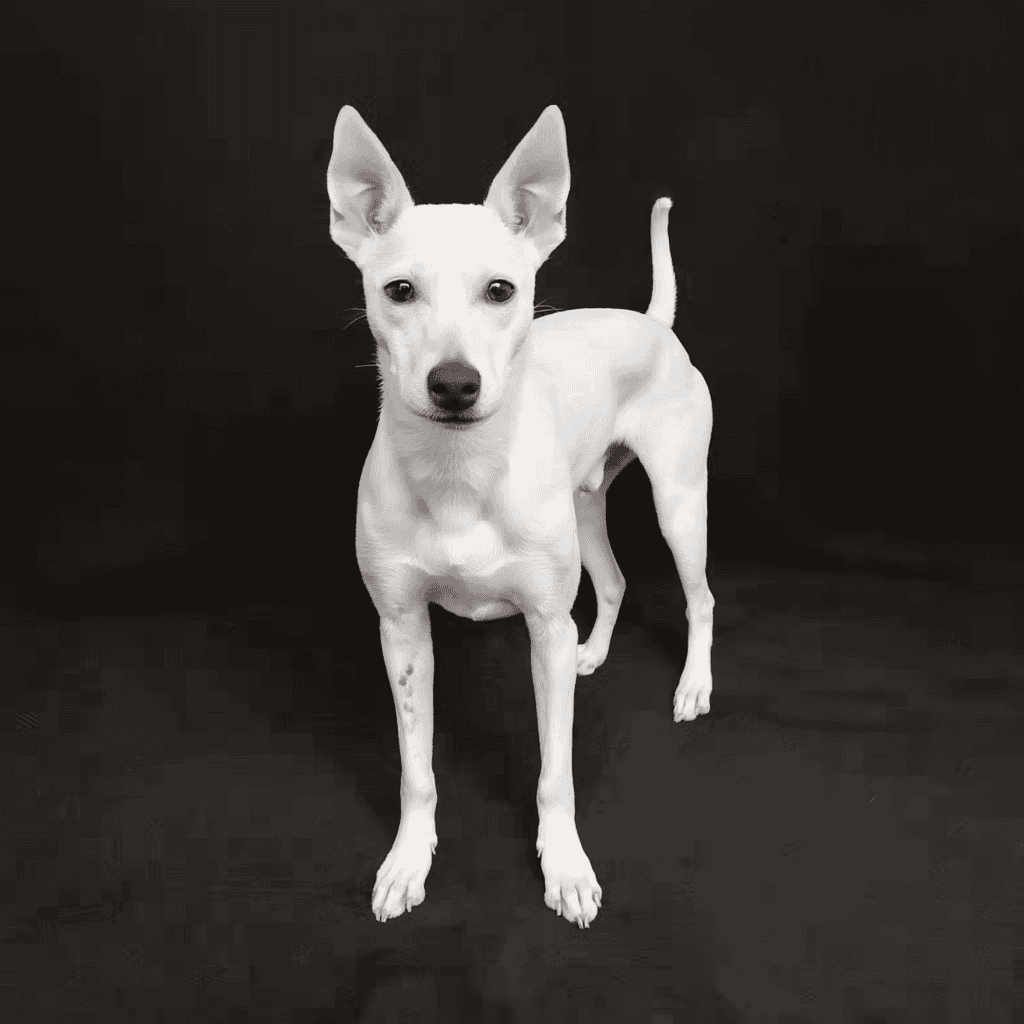
Their wild origins and close relationship with humans have shaped their appearance and behaviors, reflecting a deep, historical connection. These dogs display survival instincts and wariness towards strangers, echoing their ancestral traits.
Fact #2: Carolina Dogs Aren’t Related to Dingoes or Jackals
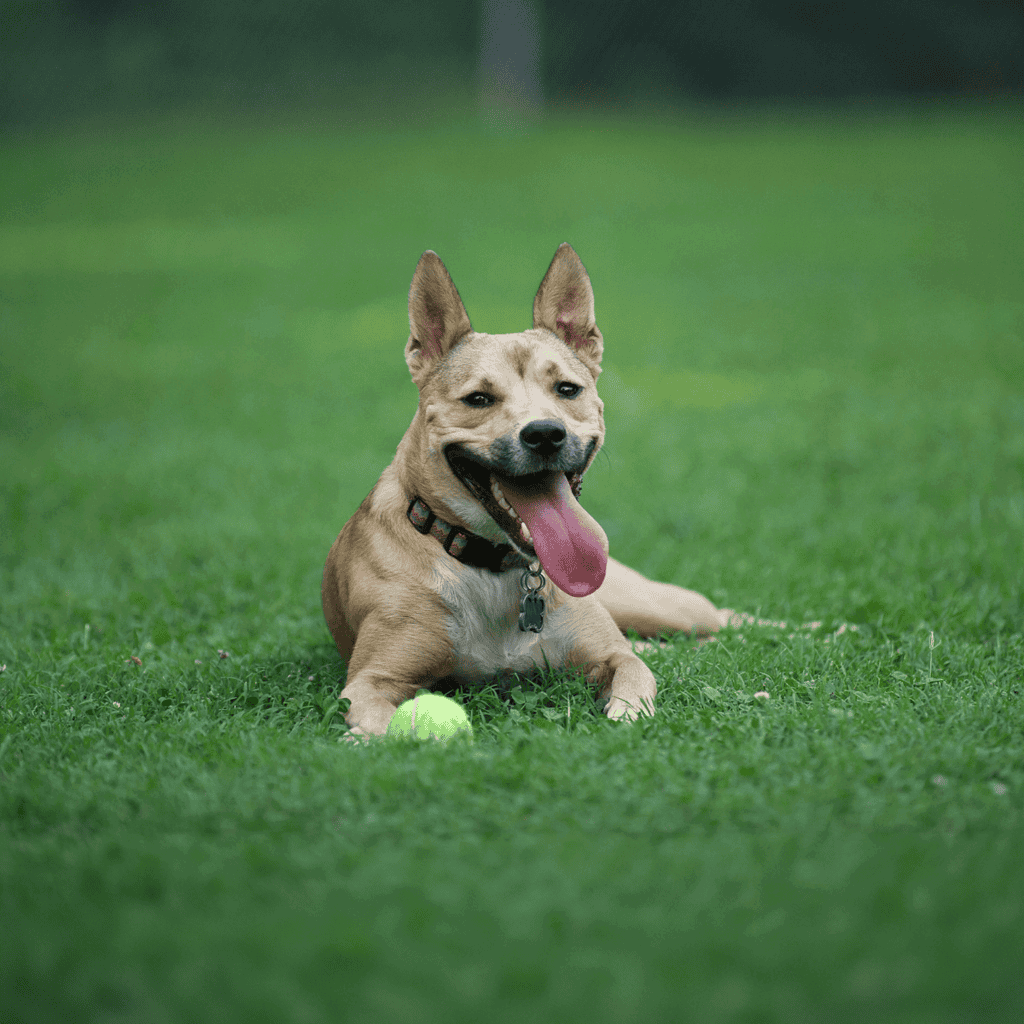
Although sometimes referred to as American Dingoes or Dixie Dingoes, Carolina Dogs are unrelated to wild dogs like dingoes or jackals. Their resemblance to these wild counterparts can lead to confusion as, from a distance, their physical appearance may remind one of a jackal or dingo. However, Carolina dogs are a distinct breed with unique characteristics and genetics that are separate from wild species.
Fact #3: Some Carolina Dogs Still Live in the Wild
The Carolina Dog is commonly found in the natural habitats of the American Southeast, particularly in regions from the Carolinas down to the Florida-Georgia border. However, some have been sighted as far as Ohio and Arizona, showcasing their adaptability to diverse environments.
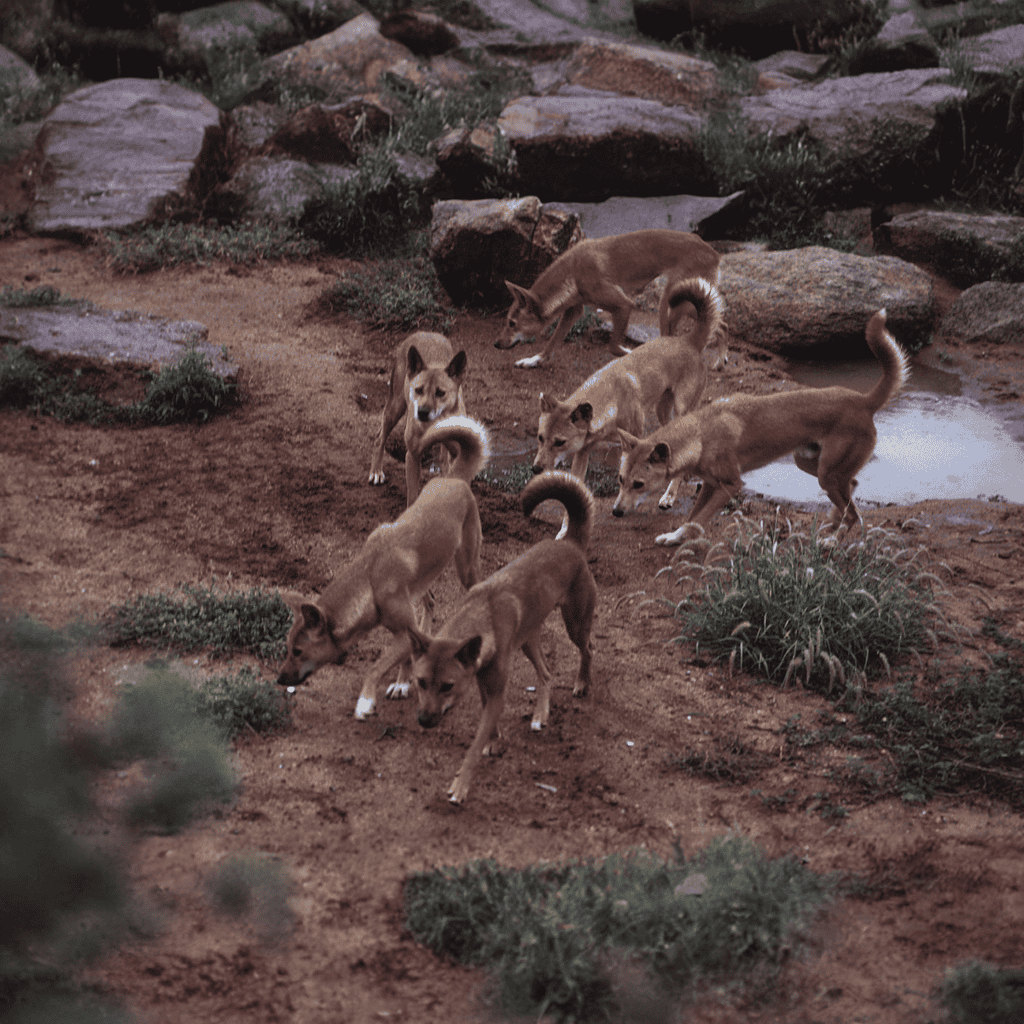
These dogs typically live in tight-knit packs and rely on their group for support and survival. Pack behavior is a key characteristic of their wild lifestyle. In their natural state, Carolina Dogs display behaviors rooted in their instincts, such as hunting, scavenging, and seeking shelter together, which helps ensure their survival and prosperity in the wild.
Final Thoughts
Carolina Dogs are a unique pet choice. They are best suited for individuals with experience handling more sensitive and challenging dogs. They thrive in families with active lifestyles and do well with other dogs, but they might not be ideal for families with small children.
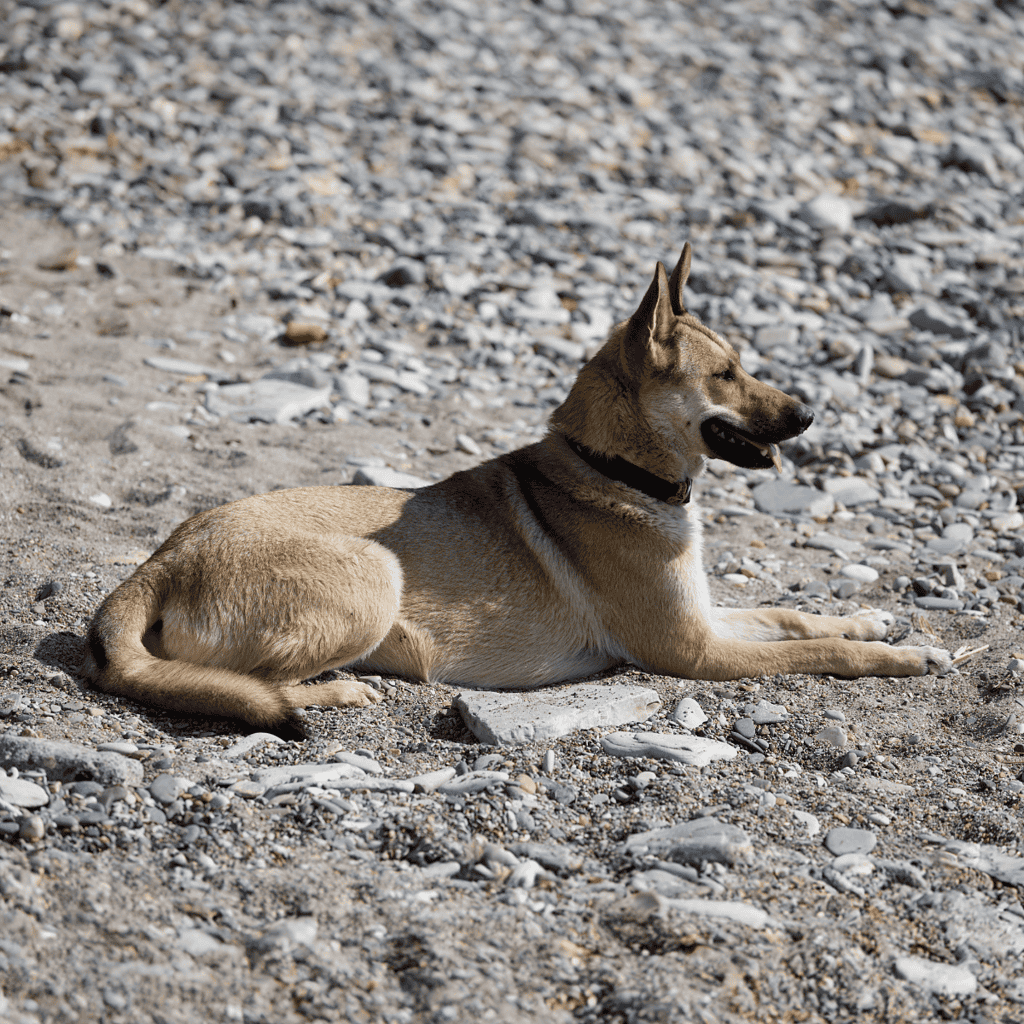
Understanding their needs and providing consistent training can make the Carolina Dog a rewarding companion. Daily exercise and mental stimulation are essential, as their high energy levels and intelligence require regular engagement to keep them happy and healthy. Carolina Dogs offer loyalty and companionship for those prepared to meet their needs like no other breed.
Frequently Asked Questions
What is the average weight range for a Carolina Dog?
Carolina Dogs typically weigh between 30 and 44 pounds.
What personality traits are typically seen in Carolina Dogs?
They are known for being loyal, intelligent, and alert. Although they can be cautious around strangers, they are usually friendly with family members.
How long do Carolina Dogs generally live?
Carolina Dogs generally have a lifespan of 12 to 15 years.
What are the standard size dimensions of a Carolina Dog?
Adult Carolina Dogs usually stand 18 to 20 inches tall at the shoulder.
What variety of colors do Carolina Dogs come in?
Their coat colors include tan, black, and shades in between.
How often do Carolina Dogs require grooming?
Carolina Dogs require minimal grooming, with occasional brushing to manage shedding.

Didn’t find what you need? Use the search!
Search our database of over hundreds of posts with up-to-date information from our experts and veterinarians.

